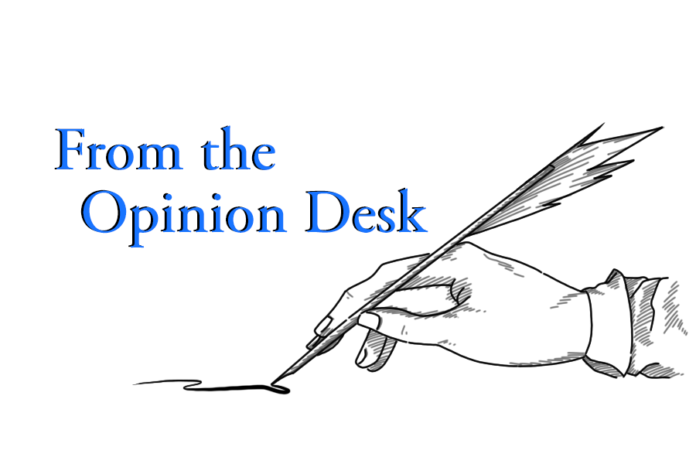NFL officials are falling behind in a league that is moving faster than ever
The National Football League and the NFL Referees Association came to a consensus on a new collective bargaining agreement that guarantees compensation and benefits to NFL officials for the next seven years, on Saturday, Sept. 28. It is an agreement we have to hope is much better than past agreements.
Currently, there are very few details of what the 18 months of negotiations have led to, but both sides have made public statements that indicate a win. “We see this new CBA as a partnership with the league that benefits our membership but also seeks to make our game better,” NFLRA President Tony Steratore said. “It is good to get these negotiations behind us.”
Despite all this promise surrounding the new deal, it is impossible to forget that for years the NFL treated one of the most crucial aspects of their product — officiating –– as a forgettable cog in their system. Officiating performance has gone stagnant as the game has moved forward at a rapid pace.
Recent blowbacks on officiating — like the controversial non-call in the Rams v. Saints NFC Championship game in January — make this CBA the most important agreement. The game is getting faster and faster and the referees are stuck in the slow, archaic way of calling games. This could be a step in the right direction to bring referees into the modern era of the NFL.
The most influential forces on any given Sunday are not the players or the coaches, but the officials and referees who enforce the rules of the game. Every close NFL game comes down to one or two plays, or one or two bad (or good) calls. Referees are people too. I know that might seem obvious, but they are often treated like the punching bags of the league by players, fans and coaches. It’s such a child-like treatment of rule enforcers. They are relentlessly screamed at by coaches on the sidelines and players on the field, and it isn’t their fault. The infrastructure set up to provide for them and sharpen their skills as officiators is shaky at best. Many officials believe the game might just be too fast for humans to make every correct call. In reference to two of the league’s most well-known referees, The Ringer’s Kevin Clark wrote, “Blandino thinks there are too many exceptions that overcomplicate the rule book. Pereira believes that officials need more practice repetitions.”
There are currently zero full-time referees and minimal training as the league institutes new, controversial rules year after year. NFL referees, and referees in general, are treated unfairly. Beyond treatment from just fans and players, their labor rights have been awful in nearly every CBA to this point. As it currently stands, 90% of NFL referees hold other full-time jobs. Pete Morelli was the president of a high school in Stockton, Gene Steratore owns a sanitary supply company and Walt Coleman is a dairy farmer. How can we possibly expect the NFL officials to live up to their responsibilities when they are splitting time between two lives?
If we take a look at the Rams vs. Saints NFC Championship game last year, the referees were the most talked about figures in the country following the game. The referees’ poor performance were the league’s worst nightmare — all because the officials were underprepared and underdeveloped. There are reasons why officiating has been perceived as so bad at the start of the last few seasons — the league keeps implementing new rules with which current referee crews simply cannot keep up. The new emphasis on calling offensive holding has caused holding calls in the first two weeks of the season to increase from 2.8 to 5.7 calls per game, putting officials in a tough spot when the greatest player of all time calls them out on Twitter. Implementing a new infrastructure to train and provide more support for officiating crews is the only way to correct this issue of overworked and mistreated referees.
The league implements countless new rules each year and just expects their under-benefited and understaffed officials to catch all the blame. The NFL needs better officiating, and the only way to do that is by treating officials what they are worth, based on the influence and value they bring to the league and game.
Written by: Calvin Coffee — cscoffee@ucdavis.edu
Disclaimer: The views and opinions expressed by individual columnists belong to the columnists alone and do not necessarily indicate the views and opinions held by The California Aggie.




